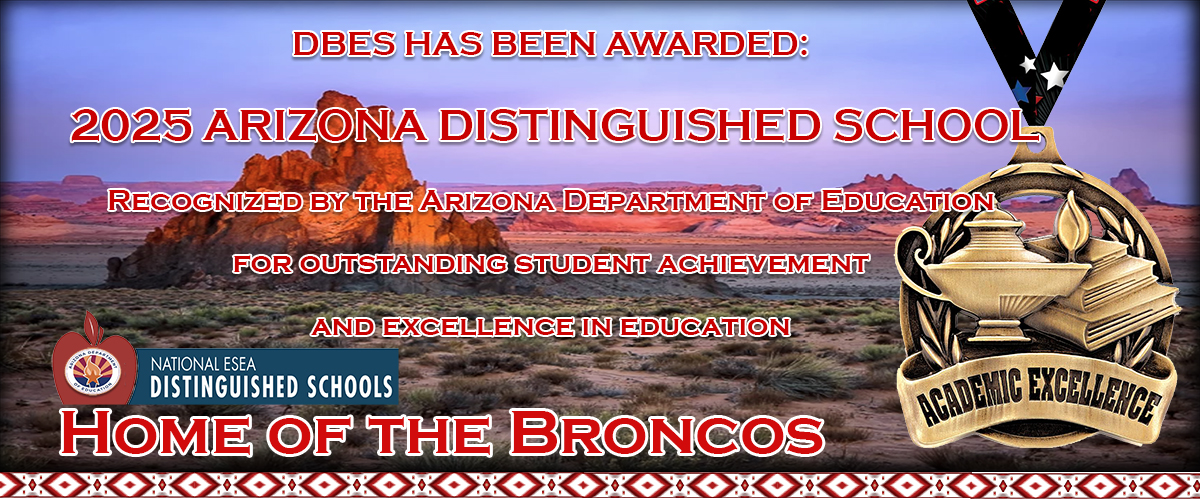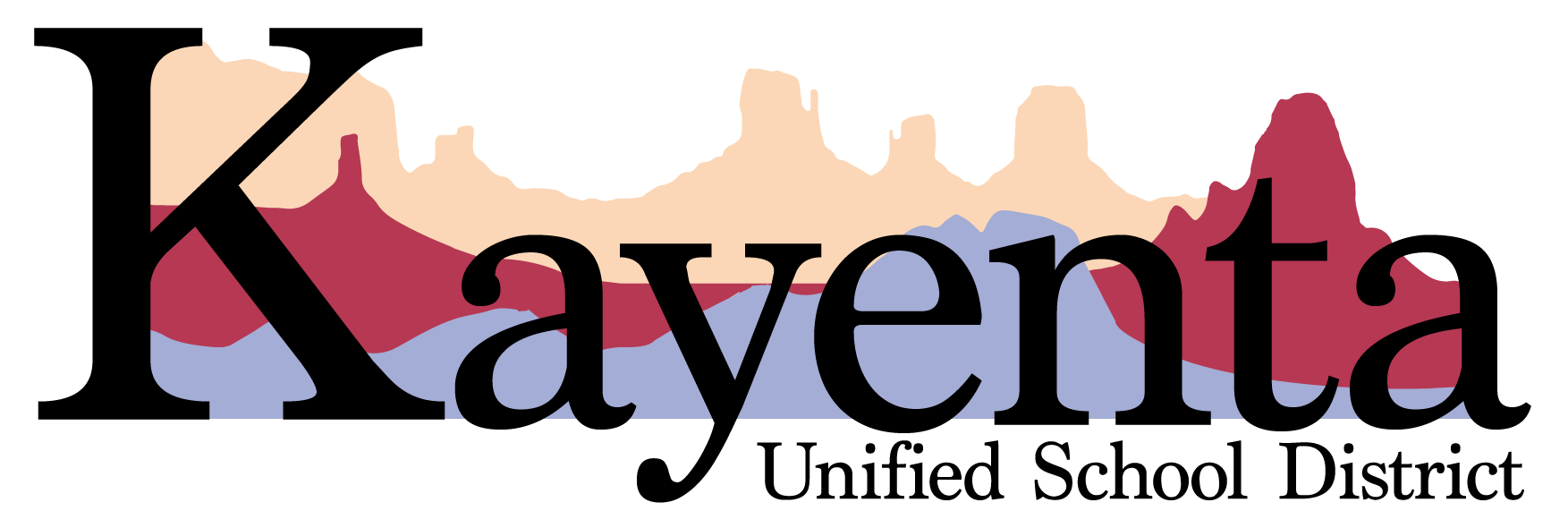Our School

Fast Facts
School: Debbie Braff Elementary School
District: Kayenta Unified School District
Grades: K–4
Mascot: Bronco
Colors: Red, White, Gray
Our Motto
Children are the seeds of the future. Education is the water. We are the rainmakers.
At Debbie Braff Elementary School, we believe in the potential of all students. But we also know that we cannot unlock that potential on our own—it takes a collaborative effort among the school, home, and community. At Kayenta, we believe our high expectations, cultural sensitivity, and the pride we have in our heritage is the catalyst that drives our success.
We Believe
At DBES, we believe:
The development of a student's unique inner being encourages that student to grow mentally, socially, and physically.
Growth is accomplished through the cooperative efforts of parents, communities, administrators, trained professionals, teachers, and support staff.
All students can learn and do learn in diverse ways.
All teachers can learn from their students.
The cultural environment of the community needs to be reflected in the school’s curriculum and instruction.
Challenges, high expectations, and a positive and safe environment helps students learn. In order to be effective, these traits must be modeled by other students, staff, parents, and the community at large.
Our Goals and Expectations
At Kayenta, students, parents, teachers, and staff are partners in education. We expect each group to diligently:
Work together to positively affect the achievement level of each student in reading, writing, language arts, and mathematics
Work effectively within our culturally rich community
Align our curriculum and assessment with the Arizona State Standards and Navajo Nation Standards
Provide programs to meet the academic, social, physical, and emotional needs of our students
Identity students at risk academically, emotionally, physically, and socially, and provide early intervention programs to meet their needs
Provide students with the academic learning environment and opportunity to be prepared to test their best on the NWEA, DIBELS, and AASA assessments
Support each other as members of the KES faculty and staff to succeed in cooperative conflict resolutions and mentorship programs
Positive Behavior Intervention
Research suggests we can improve academic performance by creating a school-wide culture of respect and learning. With this in mind, we've implemented a tiered positive behavior model that explains our expectations for student behavior in each school setting they encounter. The model provides for consistency across all classrooms and common areas. For more information, or to view these expectations, please read our student handbook.
